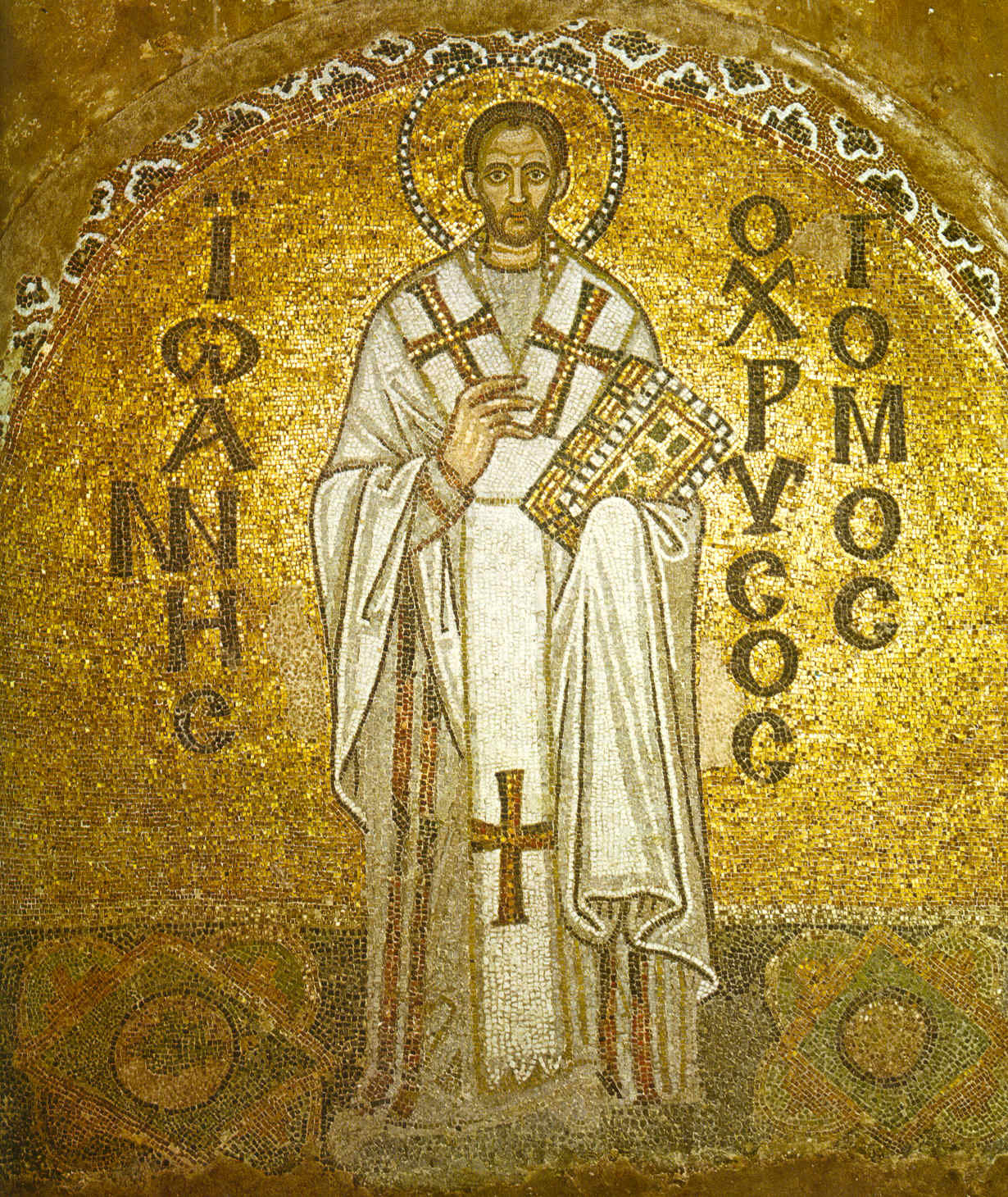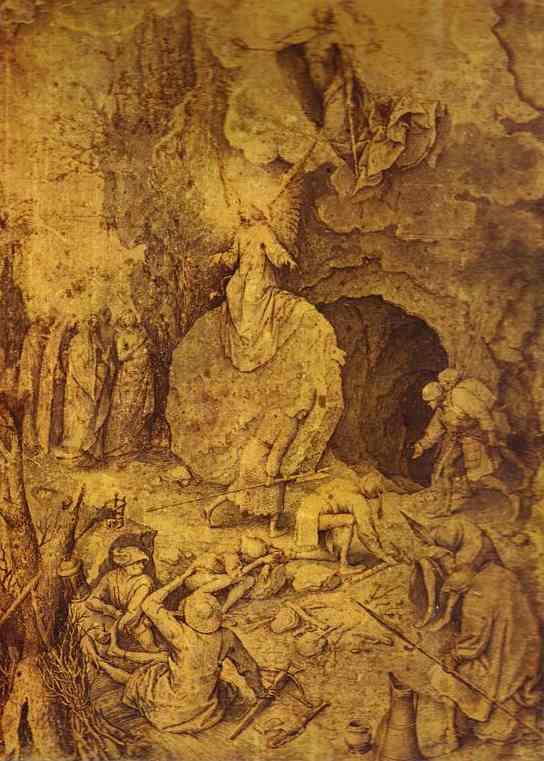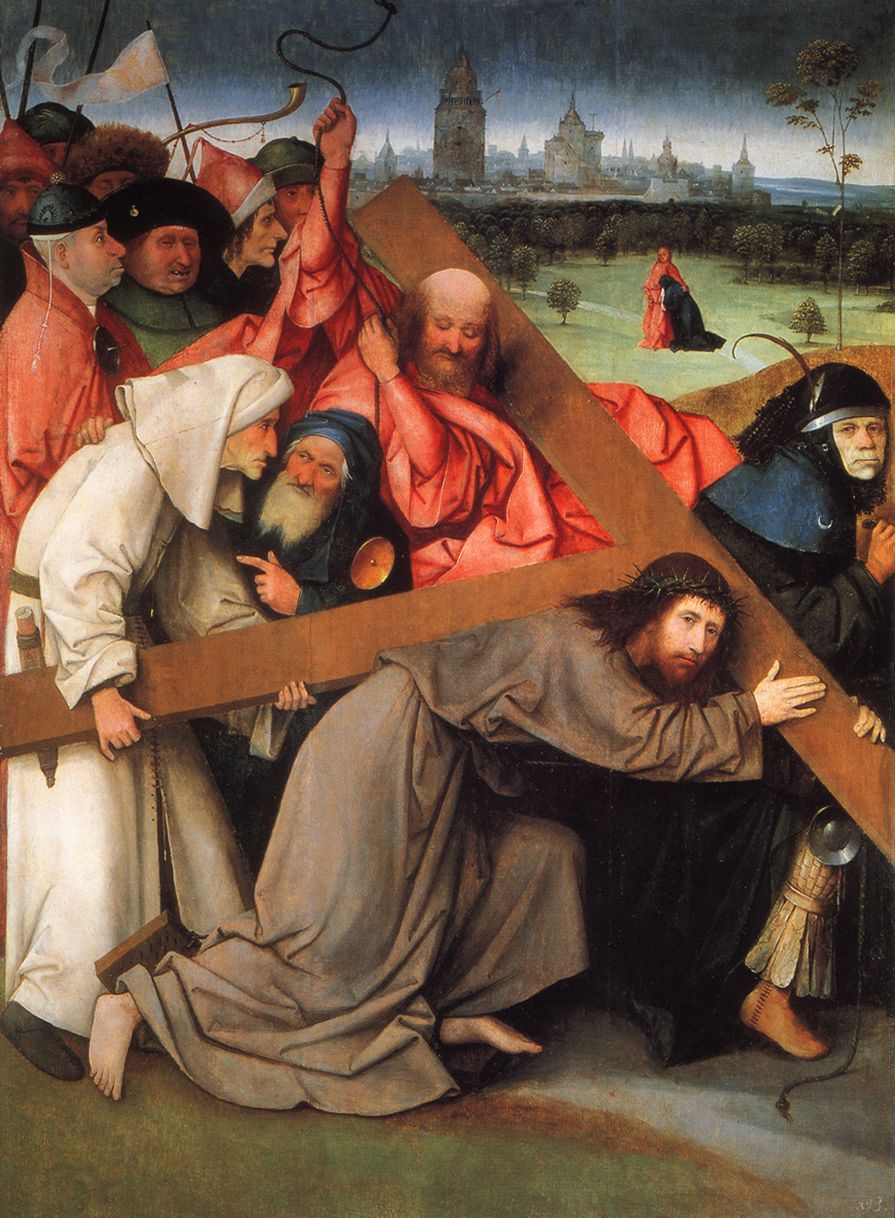Today’s guest post is by Brandon Rappuhn, a Logos marketing copywriter.
In my last post, I gave a bit of a history lesson on sixth-century Doctor of the Church St. Gregory the Great. If we wind the clock back two more centuries, we find one of the Church’s earliest Doctors at a very interesting premedieval time. The Roman Empire, not yet split but about to be, was governed by Emperor Theodosius I, who famously named Christianity the state religion and officially ended centuries of religious persecution (including the murder of Christians) in the Roman Empire. It was during this time that, with the combined powers of official public endorsement and the preaching of a certain eloquent, wise bishop of Constantinople, Christianity was on the rise.
 St. John Chrysostom’s preaching led thousands into the fold of Christ. His leadership as bishop saw new hospitals built to care for the poor, and his homilies convicted the laity to conform to Christ’s moral teachings. He won a following among the common people unrivaled during his time.
St. John Chrysostom’s preaching led thousands into the fold of Christ. His leadership as bishop saw new hospitals built to care for the poor, and his homilies convicted the laity to conform to Christ’s moral teachings. He won a following among the common people unrivaled during his time.
Despite this, the preaching of this “golden-mouthed” (Chrysostomos in Greek) bishop irritated public officials in Constantinople. His conviction that “it is not possible to be both wealthy and just” led him to enact reforms among the clergy, ending the lavish parties hosted by wealthy Christian citizens and refocusing time and money on serving the poor. His messages often offended the wife of the young Emperor Arcadius (of the recently split Eastern Roman Empire), who had a statue of herself made of silver erected near the cathedral. Comparing her to Herodias (and, by implication, himself to John the Baptist) was the last straw. His fearless denunciation of this display of wealth ended in his banishment. Emperor Honorius of the Western Roman Empire and Pope Innocent I interceded to have him brought back, but in vain. In the grueling conditions of winter travel, he died en route to his place of exile.
Every priest or pastor who has stood at the pulpit longs to deliver homilies and sermons of convicting power, to convert the hearts of thousands of wayward souls and change the practices of public officials. St. John Chrysostom spoke with clear illustrations and a straightforward understanding of Scripture, plainly articulating the Latin text for the common layperson. His vivid imagery and strong convictions of faith earned his homilies recognition as dogmatic theology, which, in turn, earned Chrysostom his place among the Doctors of the Church and the Early Church Fathers.
Cling to the teachings of Christ with all your heart. Feed your intellect with the teachings of our forefathers, and speak truth clearly to the conviction of those God entrusts to you.






